Perhaps this seems obvious, but given the continuation of such action as installing spikes or calling for police sweeps in areas utilized by those with nowhere else to sleep, it must be said: moves to improve public spaces should not involve making them less public. While the typical passerby may not consider the ramifications of an armrest bisecting a bench, these policies are in fact affecting housing in very real and significant ways. Our public spaces are often the homes of the homeless, and many of our public space policies are making these homes increasingly uninhabitable, if not outright criminalizing occupation of these spaces (through park curfews and sit/lie ordinances, for instance). It’s not enough to get people “off the streets”– they’ll just go to another one. Rather than force people into the same situations in different locations, as austere and exclusionary policies do, we need to put our efforts into enacting compassionate policies and programs. Public space ordinances affect housing and housing ordinances affect public space- the division between the two is neither binary nor clear cut.
I could write for pages and pages on all of the terribly-thought-out, counterproductive, and exclusionary policies out there, but instead, I’ll take the time to applaud the Mercer Alliance to End Homelessness. With homelessness on the rise in both urban and suburban areas around the country, Mercer County has seen the number of homeless individuals decrease from 194 to 62 and the number of homeless families from 271 to 71, and not because they’ve closed off all their resources (as in DuPage County, IL). Instead, they’ve channeled their energies to provide permanent housing. Their Housing First and Rapid Re-Housing programs are described on their website as follows:
“Housing First is the favored approach for helping chronically homeless people return to society. Housing First maintains that the first step is housing, in the form of one’s own apartment, along with the necessary supports to succeed in making that apartment a permanent home. A trusted case manager helps the homeless individual or family resolve the problems that caused them to become homeless.
“Rapid re-housing is a set of strategies to help individuals and families quickly move out of homelessness and into permanent housing. This approach provides prospective tenants with housing options as well as ongoing support with the landlord, time-limited funding for rent, security and utilities and case managers, who provide services once the family is stably housed.”
The message of “Housing First” needs to be applied to any policies affecting the homeless, especially public space policies. It is simply unsustainable and ultimately counterproductive to push the unhoused from place to place- let’s take a page from the “Mercer Method” and handle the issue at its root.
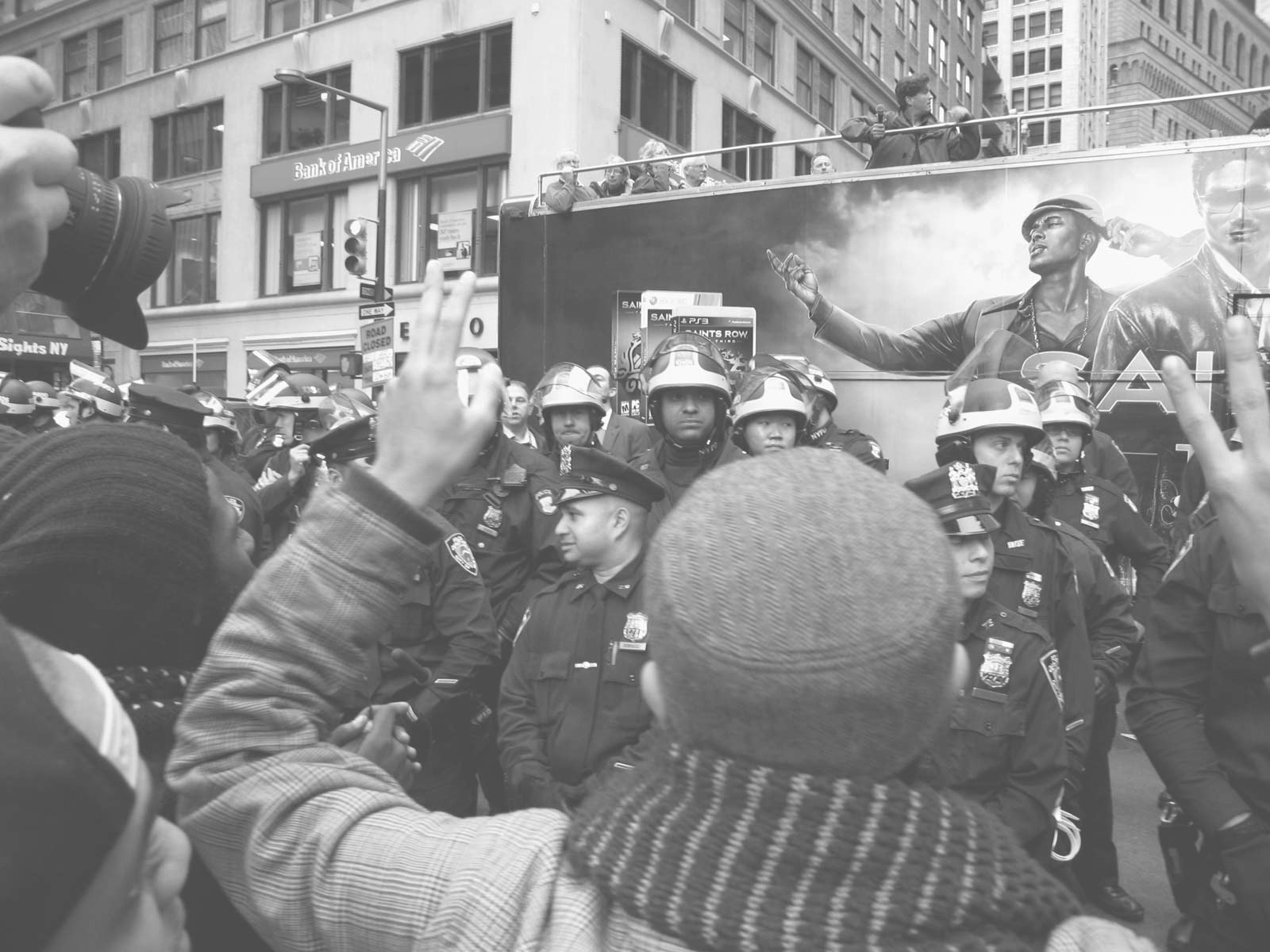
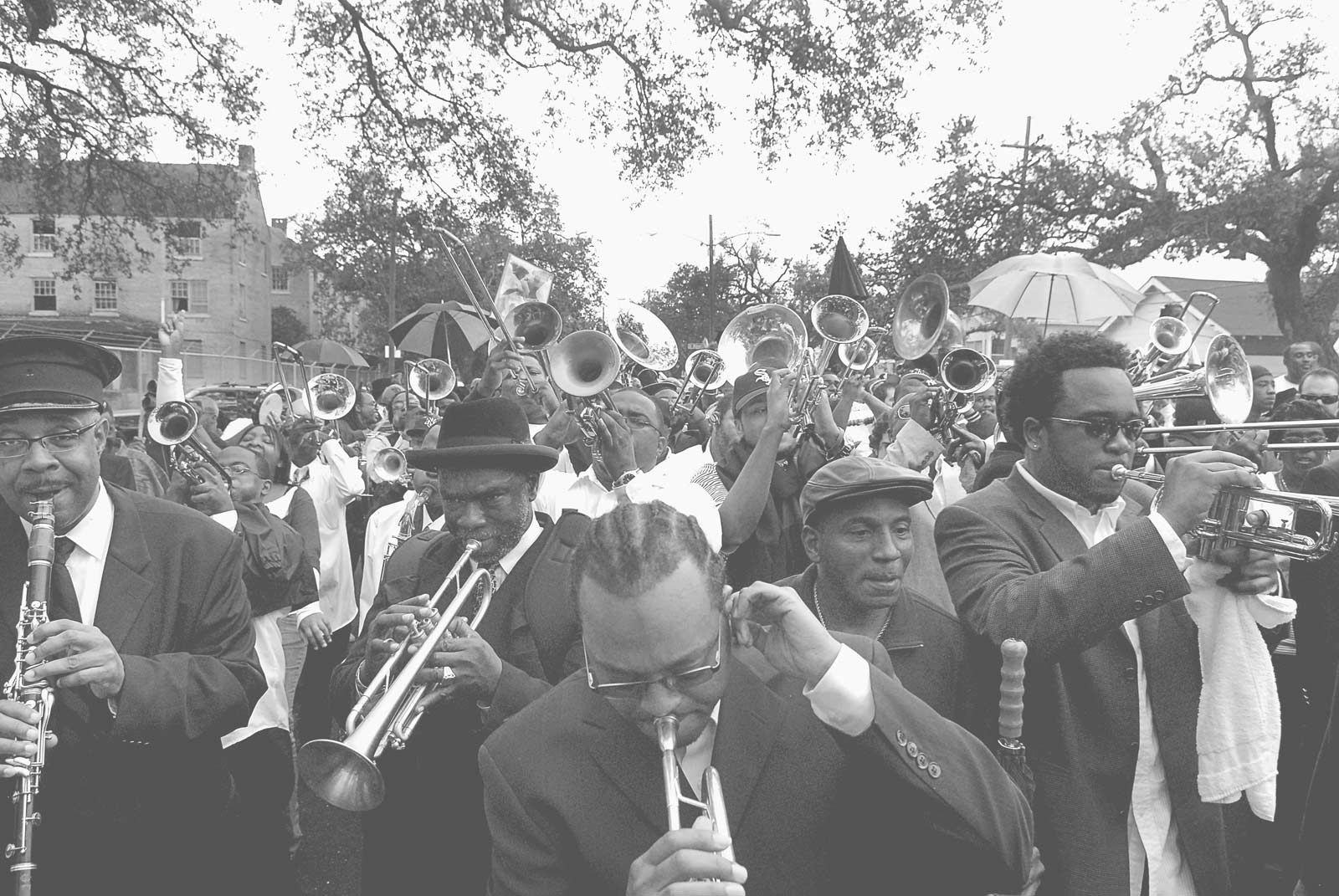
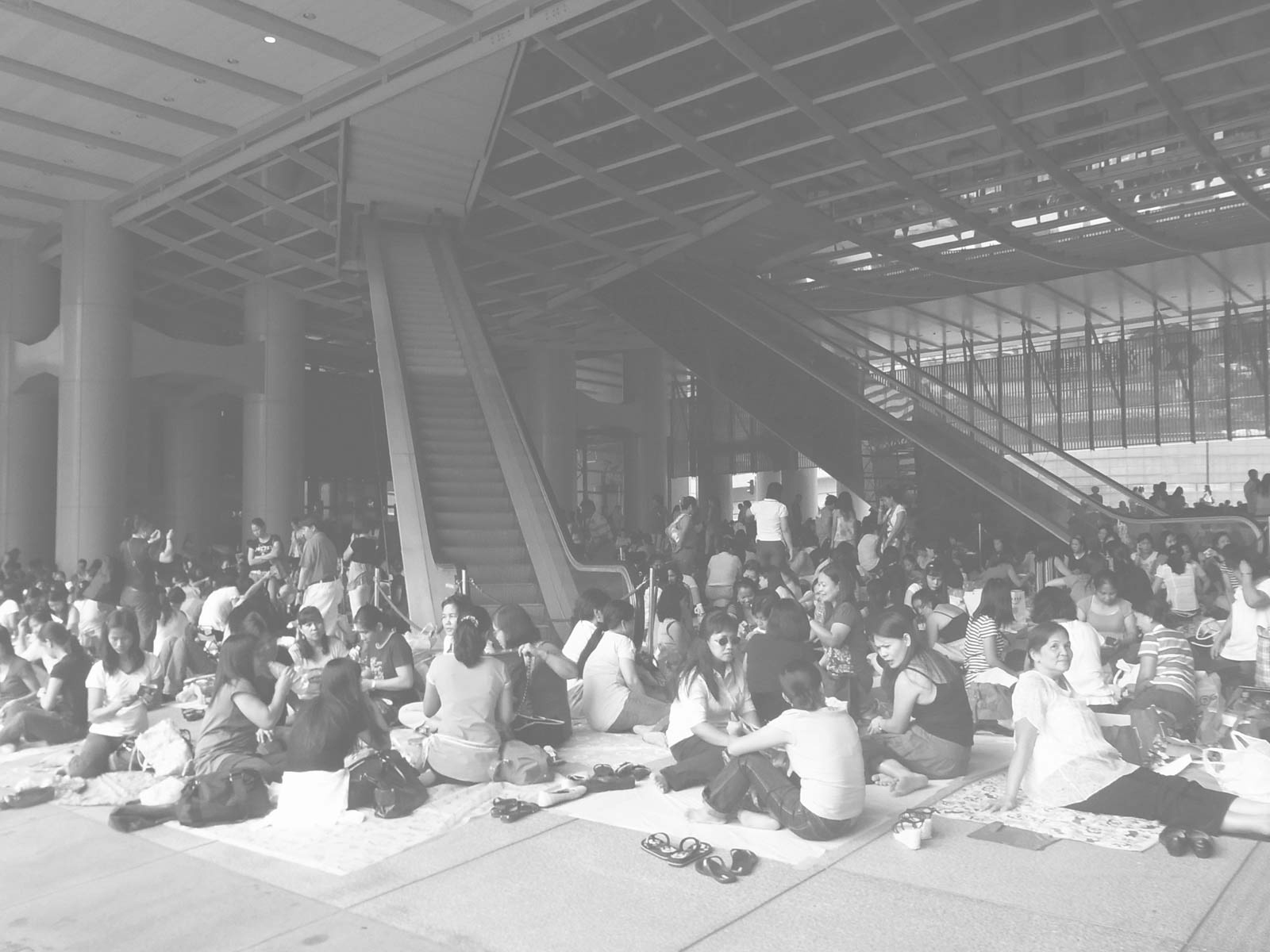
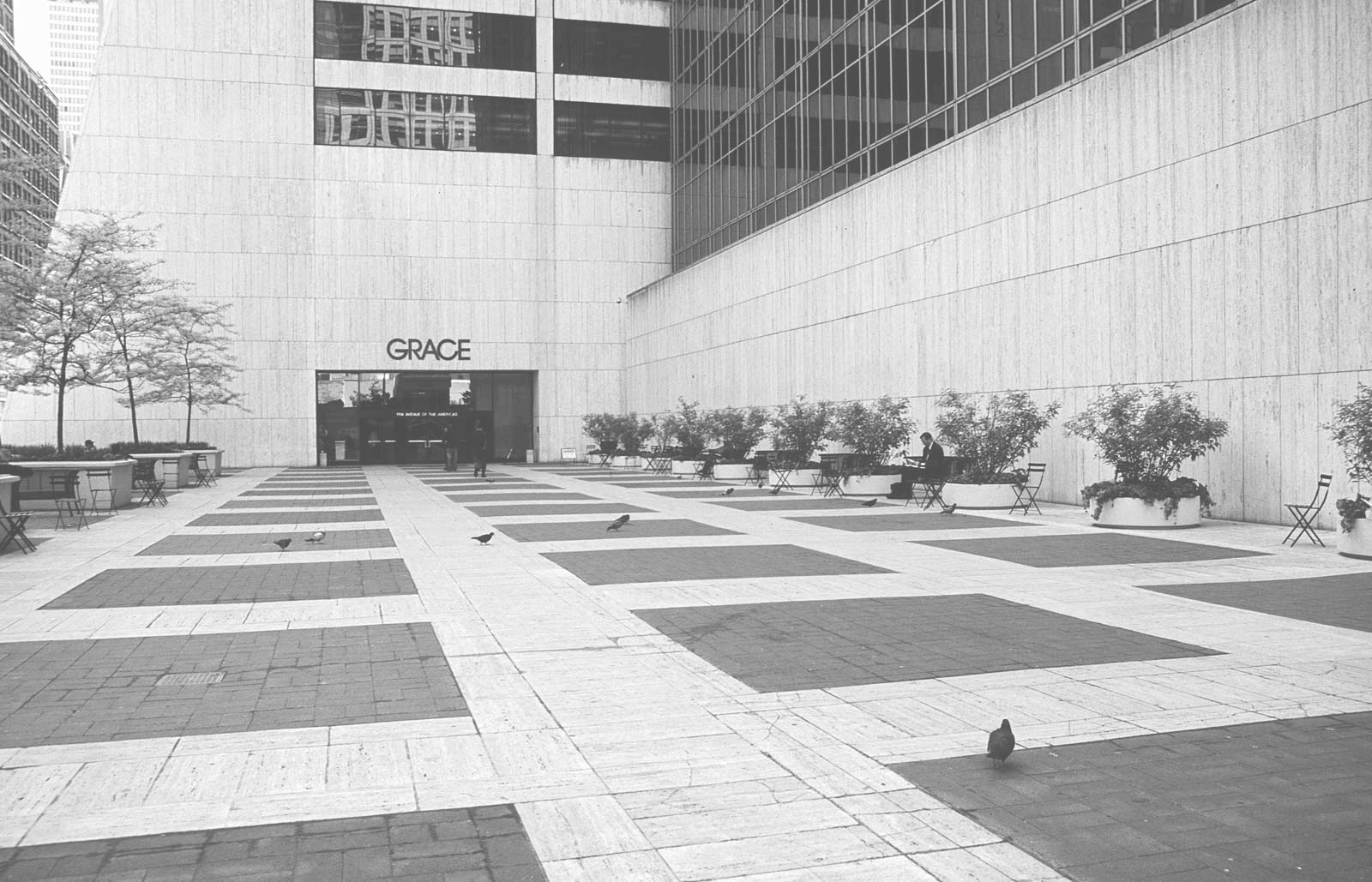
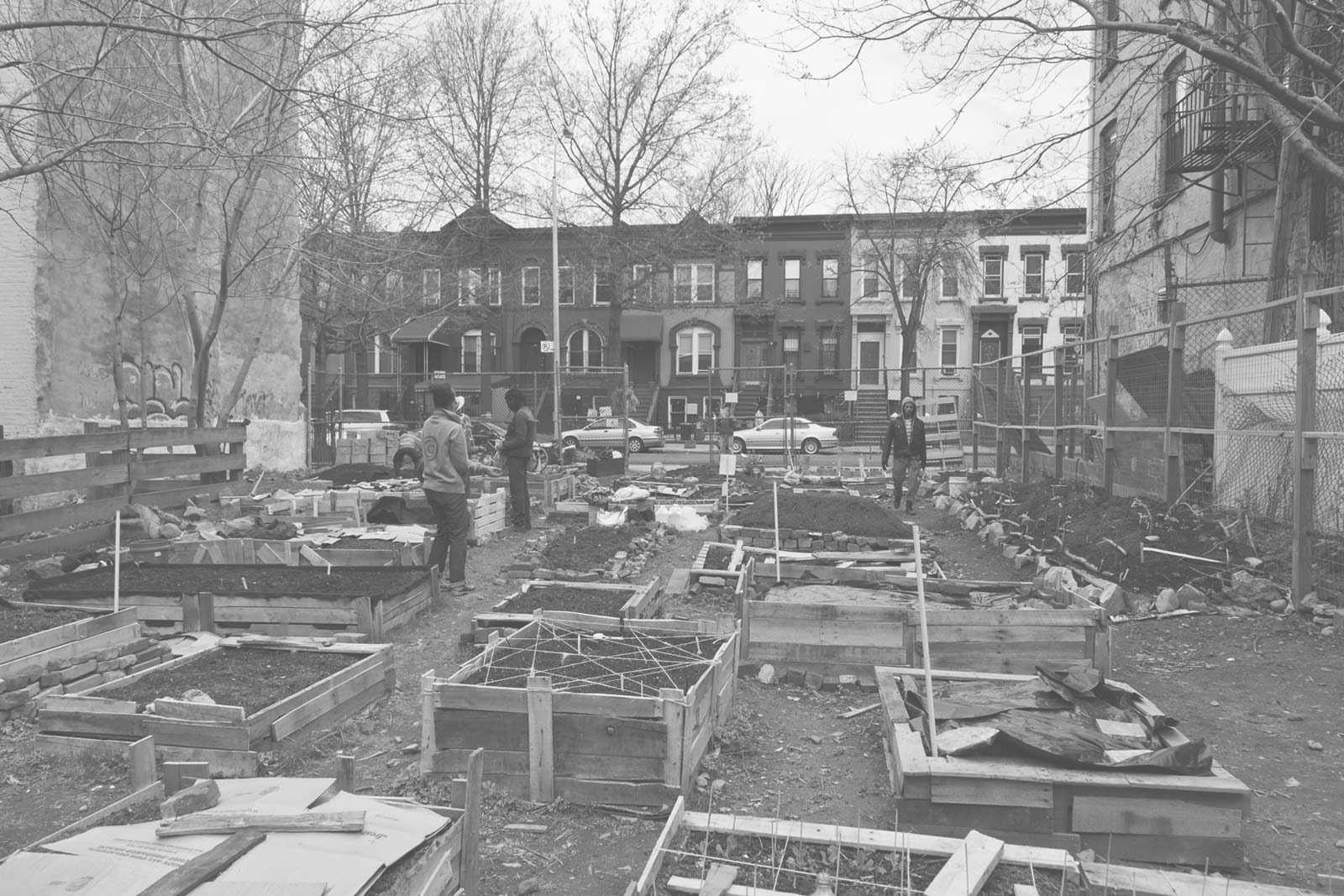
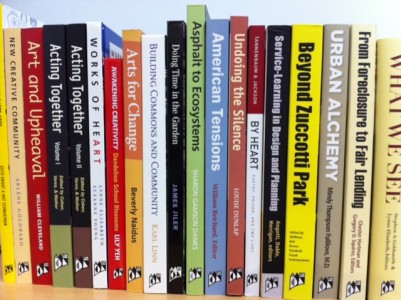



Follow Us!